
By Eleonora Cerasoli
Imagine the world reflected by a distorting mirror, always presenting a new and very much different version of itself to those who look. The complexity of this world can only be perceived by constantly looking at things from a different perspective. The society we live in, its history, its ideas, its literature and fashion are the result of this complexity.
What happens if the complexity of the world we live in, and so ours as human beings is jeopardized by a new justice system where social media are the new courtroom and everyone gets to exercise judicial power from behind their screen?
Let’s celebrate National Conversation week by raising discussion about this complex subject.
What is Cancel Culture?
It consists in cancelling, denouncing, boycotting, excluding from debate, from public or professional space, any person deemed unapproachable by their opinions, their behaviour, or simply considered to be resistant to the morals of the new times. It exhorts people to stay “woke”, a term meaning a state of constant awareness to denounce social and racial crimes, which attracted criticism for its aggressive nature.
Cancel culture: when social media meets social justice
We feel very passionate about defending the right to speak of those who share our same ideas and point of views, but we forget to extend the rights to those who aren’t in agreement with us, especially if we feel that their ideas are menacing our society. Certainly, this sentiment grew stronger in the past years, proving that our society demands more equality and inclusivity, incessantly calling out discrimination, prejudices, marginalisation and racism.
The general feeling is that we had enough; we let too many injustices pass by without consequences in the past, so now something has to be done. Welcome to social media, a powerful tool to make things right, to shut down the hateful voices and restore equality. If the freedom of speech gets a bit shadowed on the way, it’s a price we’re willing to pay for a better world…Right?
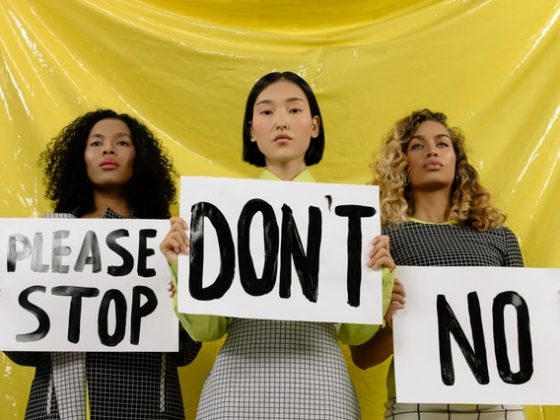
Is there any space left for forgiveness?
If we take the MeToo movement, for example, it is hard not to praise cancel culture for its effectiveness, as the court of public opinion seemed to be the only place left for justice for these women, failed by their workplace’s protection system and the judicial system.
The debate lays in the irreversibility of the sentence: once one is cancelled, they stay cancelled. While this could arguably be a great solution to keep sex offenders out of the entertainment industry, it’s imperative to think about the consequences of these cancellations on minor or more complex cases.
Woke: the politically correct rises to an ideology
The idea of guilt by accusation (guilt is assumed of those who are accused) is a dangerous thing that can seem justifiable at times, but we should remember our history and times where it was used to justify forms of oppression.
Like the case of a police detective, Florissa Fuentes fired over a repost of a picture of her niece at BLM protest, which included a sign “implying that people should shoot back at the police”. Neither deleting the post nor apologizing was deemed enough to reverse the “sentence”.
Others like Emmanuel Cafferty were innocents and didn’t get a change to defend themselves. Cafferty, a truck driver, was tricked into making an “Okay” symbol by a driver he cut off at a traffic light. The video went viral, insinuating that the okay sign was a white-suprematist gesture and he lost his job as a result.
People lose their jobs for re-tweeting the wrong opinion, people are forced to resign for posts or comments that they made years before, and we seem to be heading dangerously towards a culture that rejects the notion of nuanced debate.
“This mechanism is not a long-overdue settling of scores by underrepresented voices. It is a reflexive jerk of the knee by the powerful, a demonstration of institutions’ unwillingness to tolerate any controversy, whether those complaining are liberal or conservative.” – Helen Lewis
With social media certainly comes great power, one that unfortunately can be abused, but can progress come from this apparent toxic movement?
The other face of the medal: is call-out culture good for society?
Call-out culture refers to interpersonal confrontation occurring between individuals generally on social media. The premise seems pretty clear: you do something wrong, someone points it out for it not to happen again. But opinions on the matter are yet again very polarized. Former President Obama said:
“I do get a sense sometimes now among certain young people, and this is accelerated by social media, that the way of me making change is to be as judgmental as possible about other people and that’s enough.”
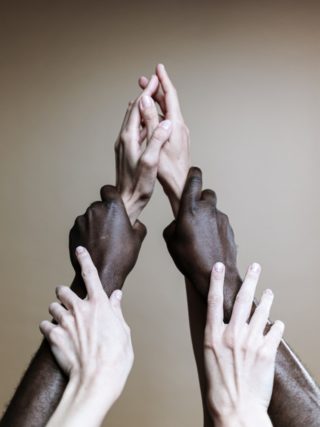
On the other side, the debate on almost everything, from politics to literature to gender relations has never been more inclusive, featuring a range of voices so wide and diversified. This diversity could be a threat to some, used to express their point of views without interruption or disagreement.
Freedom of speech not freedom of consequences
When acknowledging instead of cancelling the damages that certain opinions have on our society, it reinforces freedom of speech as you come to the understanding that some problems need to be taken into consideration, and for which solutions need to be found. That’s how freedom of expression resists!
For instance, J.K. Rowling, after some controversial tweets that labelled her as transphobic, posted a long essay on her blog explaining her position. She does a good job in camouflaging her transphobia and coming across as quite reasonable. The essay is a result of misinformation, made of half-truths from unspecified sources, brilliantly packaged by a great author, that could dangerously sway the minds of people who know little about the trans community, against it.
The damage that she has done with this essay to the trans community would seem a valuable reason to cancel her, but I believe that greater good has been done by those who very clearly and peacefully broke down Rowling’s essay and unveiled all the lies. She doesn’t give any citation or source, she falsifies media reports inflating and sensationalising statistics.
Is cancel culture damaging creativity?
Cancel Culture is eliminating everything in human history that is essentially unacceptable going as further as removing the Odyssey from the school program because Homer was a racist. With the slogan #DisruptTexts people demand the prohibition of every masterpiece non-conform on gender and race.
Do we need to protect our children from cultural works of the past instead of educating them to fight the battle in the present?
Opinions vs. facts: the right to talk about everything
Nobel prize for Literature Kazuo Ishiguro condemns cancel culture for creating a climate of fear, which is inhibiting the creative liberty of younger writers, who feel the pressure to censor themselves. The author stated there ought to be “decency towards people outside of one’s own immediate experience” and that “a more open discussion about cancel culture and freedom of speech” is needed.

Alexandra Duncan decided not to publish her book Ember Days because it told the story of an Afro-American Gullah, and as a white female she realizes not to be the right person to tell this story. The literary agent Natasha Fairweather observes:
“The mood is becoming so militant that you are no longer allowed to write from the perspective of anyone other than yourself”
Men have written about women, white people about black people. We have the right to talk and write about everything, but we have the duty to research and inform ourselves! The problem doesn’t lie in white men having a voice, but in that voice being the only one we can hear.
Does call-out culture make brands more authentic?
With the growth of social media allowing everyone to have a voice, people are more vocal about companies’ mistakes and are more critical than ever towards brands. According to the 2018 Edelman Earned Brand study, nearly two-thirds (64%) of consumers around the world will buy or boycott a brand solely because of its position on a social or political issue.
Calling out brands for their mistakes can certainly be an opportunity to create authentic identities but we have to leave them space to improve! It is important to notice how this constant consumers’ demand for brands to take a stand planted more doubt around the genuineness of brands.
Good and evil are not as binary as in the Harry Potter saga. Works are set in a specific place and time, people on the contrary can evolve, make mistakes, choose to take accountability for their actions or not and live and react through the consequences.
Choosing conversation over cancellation
I want to conclude with 3 things we should all have in mind when navigating online:
- When we read or hear about something controversial we might form an instant opinion, but it is important to take time to conduct appropriate research to acquire the perspective we need to understand a complex topic.
- It is necessary to ask ourselves why we want to be part of the conversation. Social media can be an amazing platform to discuss issues, but we have to do it for the right reasons. Ask yourself why are you passionate about it? Why is it important that your voice is heard? Can you bring a valuable contribution to the table?
- Always remember: “When you debate a person about something that affects them more than it affects you, remember that it will take a much greater emotional tool on them than on you. For you it may feel like an academic exercise. For them, it feels like revealing their pain only to have you dismiss their experience and sometimes their humanity. The fact that you might remain more calm under these circumstances is a consequence of your privilege, not increased objectivity on your part. Stay humble.” Sarah Maddux.
I believe conversation is necessary to keep seeing progress in our society. What do you think? Do you know any case of cancellation that you deemed unfair? Let us know your opinion about this complex topic in the comments!

Eleonora Cerasoli
Eleonora is an Italian art historian and enthusiast based in London. Inspired years ago to make a change and live a more sustainable life, she now wants to empower readers through her writing. "One book, one pen, one child, and one teacher can change the world."
Shop our seasonal favourites here
-
Double-Face Wool Cape
£150.00 -
TRETORN Women’s Rain Hat
£45.00 -
Ingela Leather Black
£279.00£209.00 -
Half-zip cable-knit jumper
£600.00£480.00 -
Josepha ruffled checked cotton mini dress and hair tie set
£304.00£212.80 -
Constance merino wool cardigan
£285.00 -
Kesh cable-knit wool sweater
£385.00 -
Aphrodite Camel
£300.00
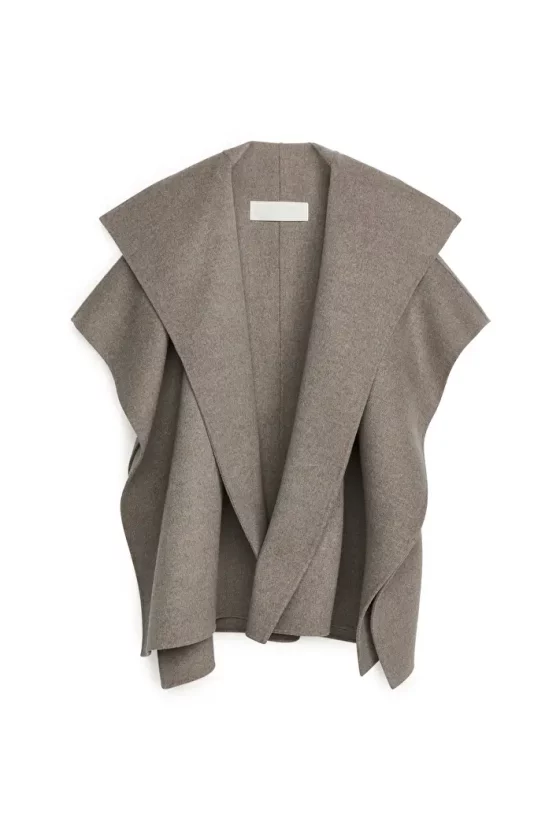

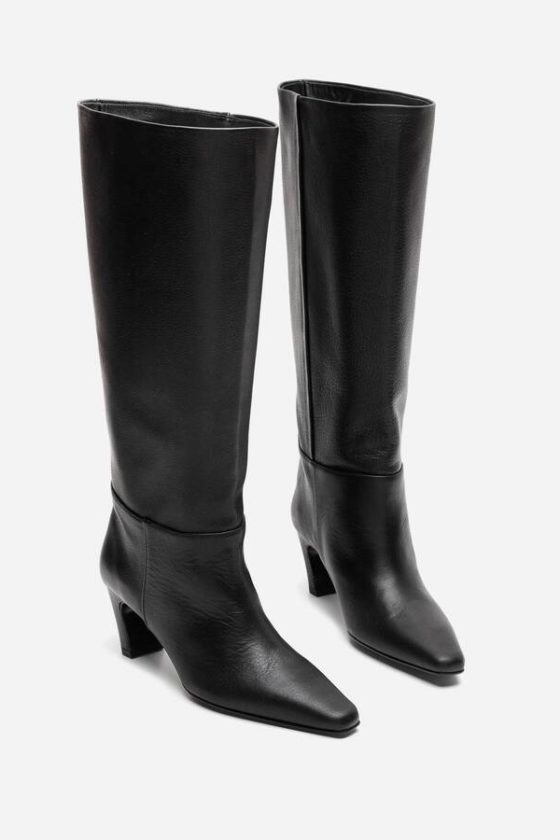




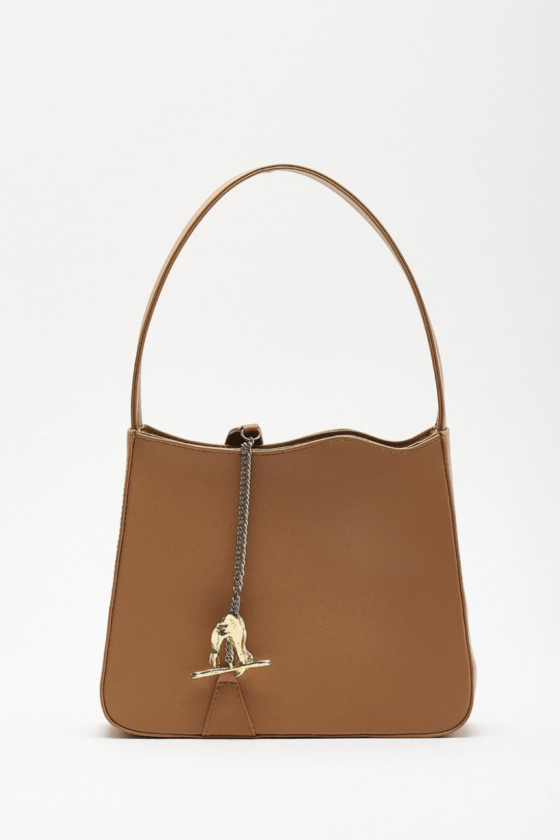









2 comments
Facts vs Opinions: This phenom seems to have started with the news media at time when news repoters/anchors became figures of celebrity to attract viewers. The celebrity newscaster was often no longer the reporter researching, and writing their news items, but the celebrity telling the news of someone else’s transcription. Since these “Celebrity Anchors” had gained such status in the public eye, an easy leap was made to now ask these celebs their opinions on certain stories. 24/7 cable reared its head not only with celebrities on the news but so much air time to fill, the informed experts, people in the know, were being trotted out to give their opinions on various topics. Let’s call it the “Think and Believe” school of journalism. J.Q.Public was now subjected to a wealth of thoughts and beliefs that may have some fact backing them but are more often opinions backed by broadly interpreted or partially substantiated facts, if any fact at all. Opinion as Fact, from sought-after experts that may have also gained some cred from their own self-imposed celebrity and who could very well be incentivizing the knowledge they garnered from the very Social Media they draw from and contribute to. Apply this familiar model, funnel it into the Social Media mainstream, and almost as suddenly, everyone on the earth with an internet connection has the ability to express their opinions with little or nothing more than the “Think and Believe” doctrines and tenets that have worked on TV and Radio. Wow, good work. Social Media promotes anyone’s thoughts, from vague to explicit, on any particular subject, lacking research, documentation, facts, or accountability. Accountability … let’s blog on it.